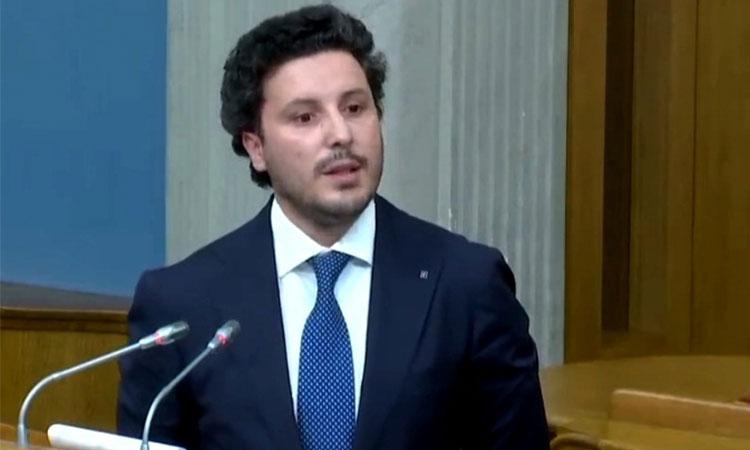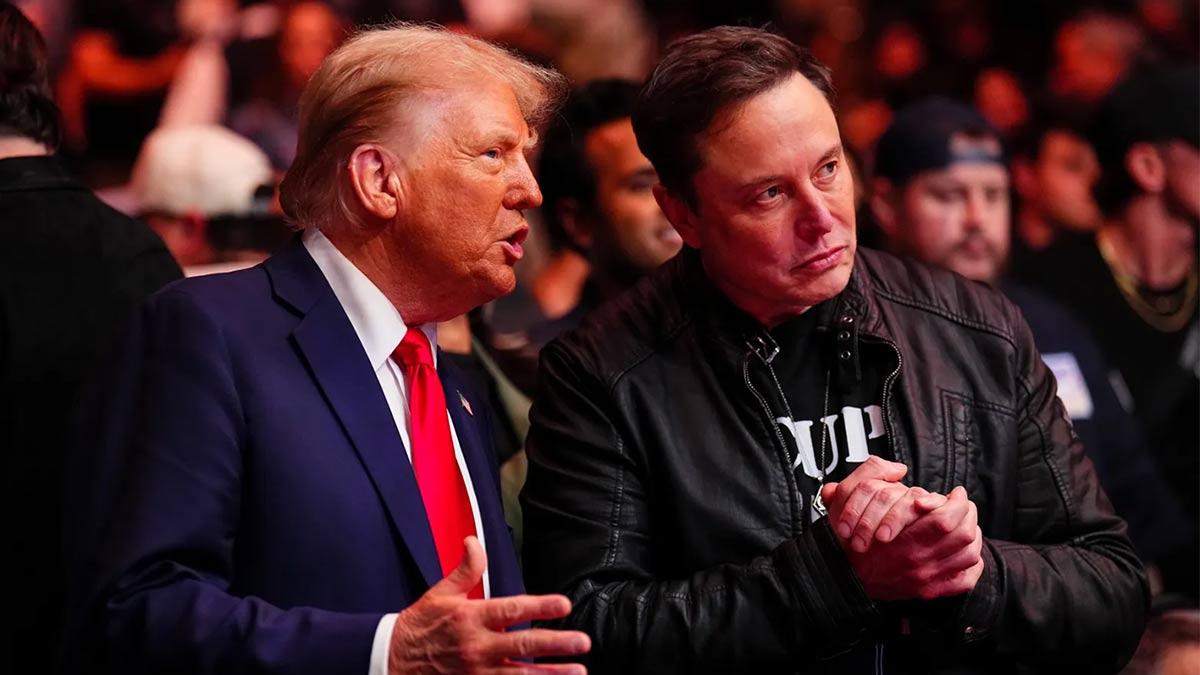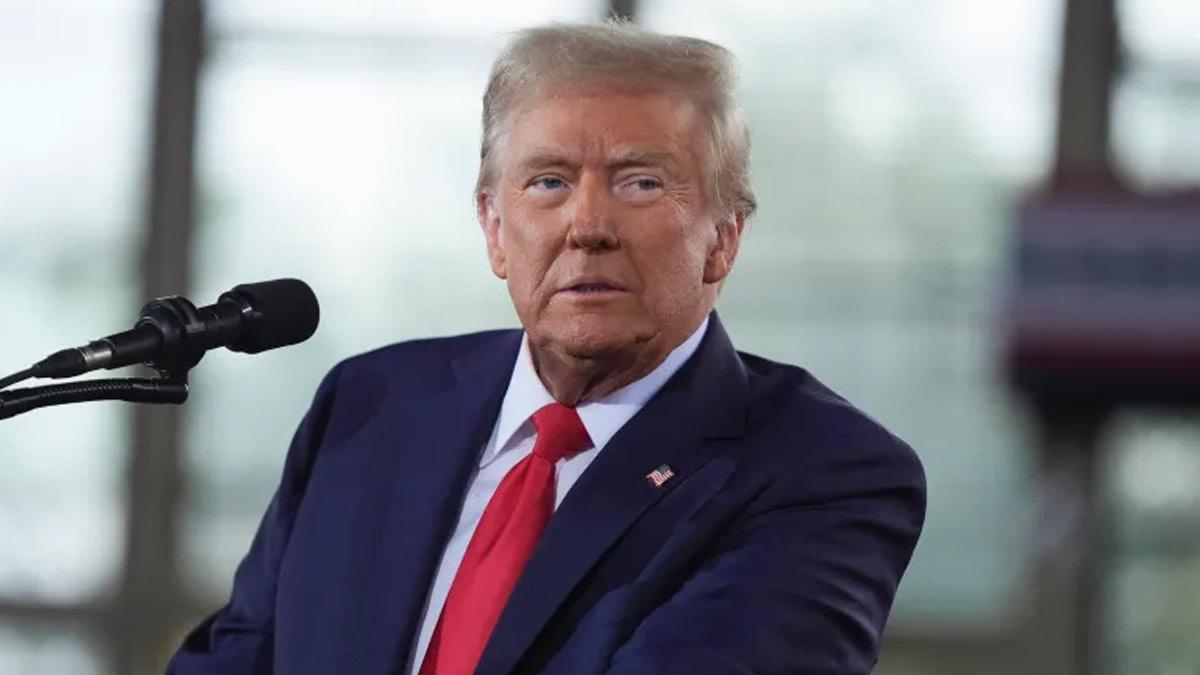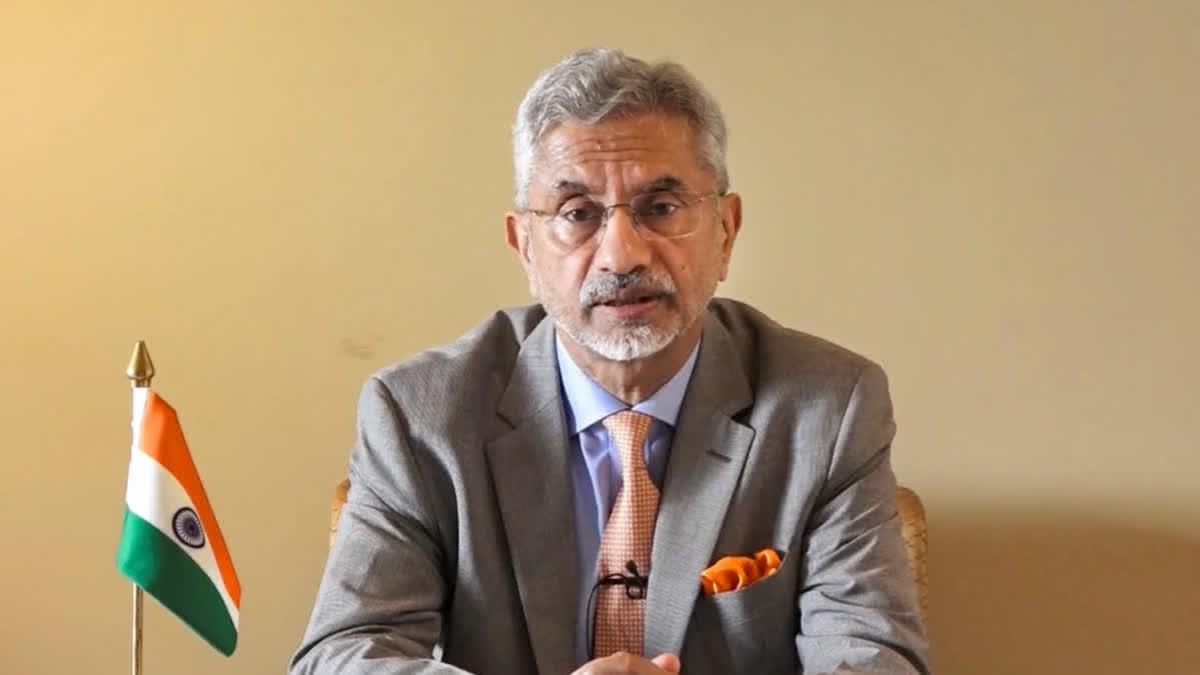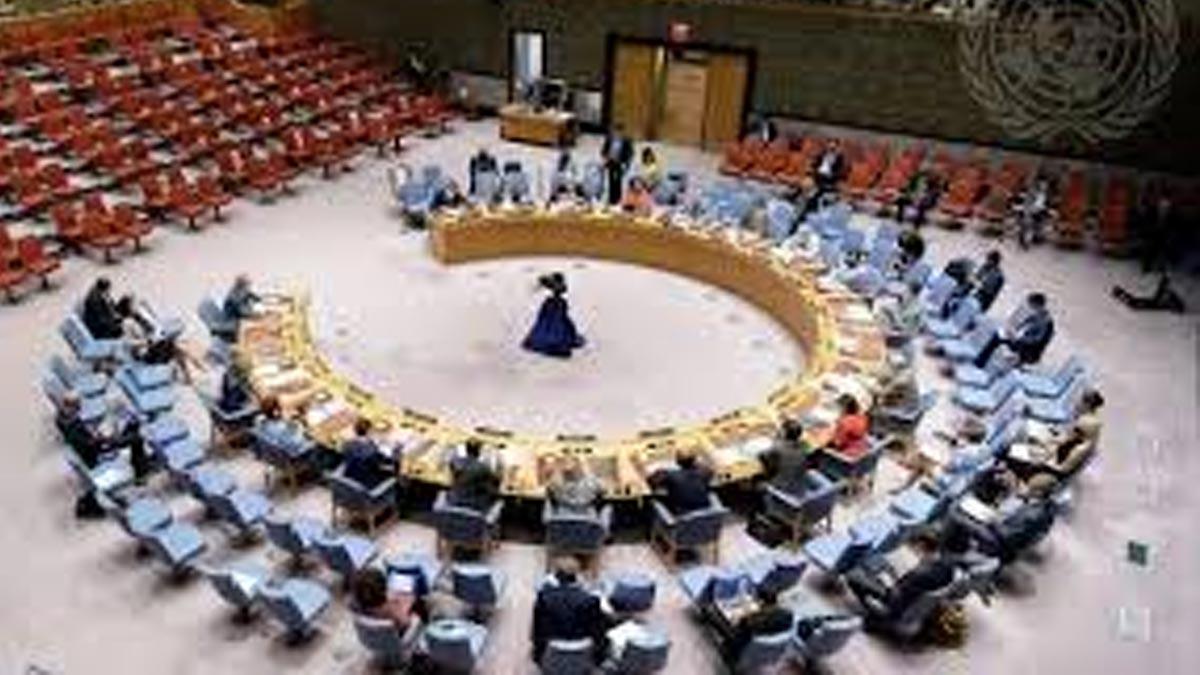Montenegro's Parliament toppled the government of Prime Minister Dritan Abazovic, worsening a political crisis in the NATO country.
A motion of no confidence against Abazovic's government, pushed by the Democratic Party of Socialists (DPS) of President Milo Djukanovic, went through as 50 of 81 lawmakers voted in favour on Friday night, reports dpa news agency.
For the time being, Abazovic is likely to continue to govern on an interim basis until a decision is made about his successor.
Abazovic, who heads the small environmental-liberal party URA, had recently upset the head of state by signing a controversial deal with the Serbian Orthodox Church, whose leadership do not fully recognize Montenegro's independence.
Also read | Two pilots fall asleep as flight misses landing in Addis Ababa
The 36-year-old took office only in April, after the pro-Serbian and pro-Russian government led by then-Prime Minister Zdravko Krivokapic was toppled by a no-confidence vote in February.
Abazovic, who himself has recently adopted an increasingly pro-Serbian course, lead a minority government which includes pro-Montenegrin and pro-Serbian parties and that depends on the support of the DPS party of pro-Western Djukanovic.
The DPS has the relatively strongest parliamentary group.
Critics say that the treaty with the church signed by Abazovic undermines Montenegro's sovereignty.
Also read | Turkish, Israeli President hold phone call after full diplomatic ties restored
Most religious people in the small Balkan country belong to the Serbian Orthodox Church, which is controlled from Belgrade, whose leadership has never really accepted Montenegro's independence.
The former Yugoslav republic became independent in 2006, at that time in agreement with the Serbian state.
It has been a member of NATO since 2017 and has been negotiating accession to the EU since 2012.

